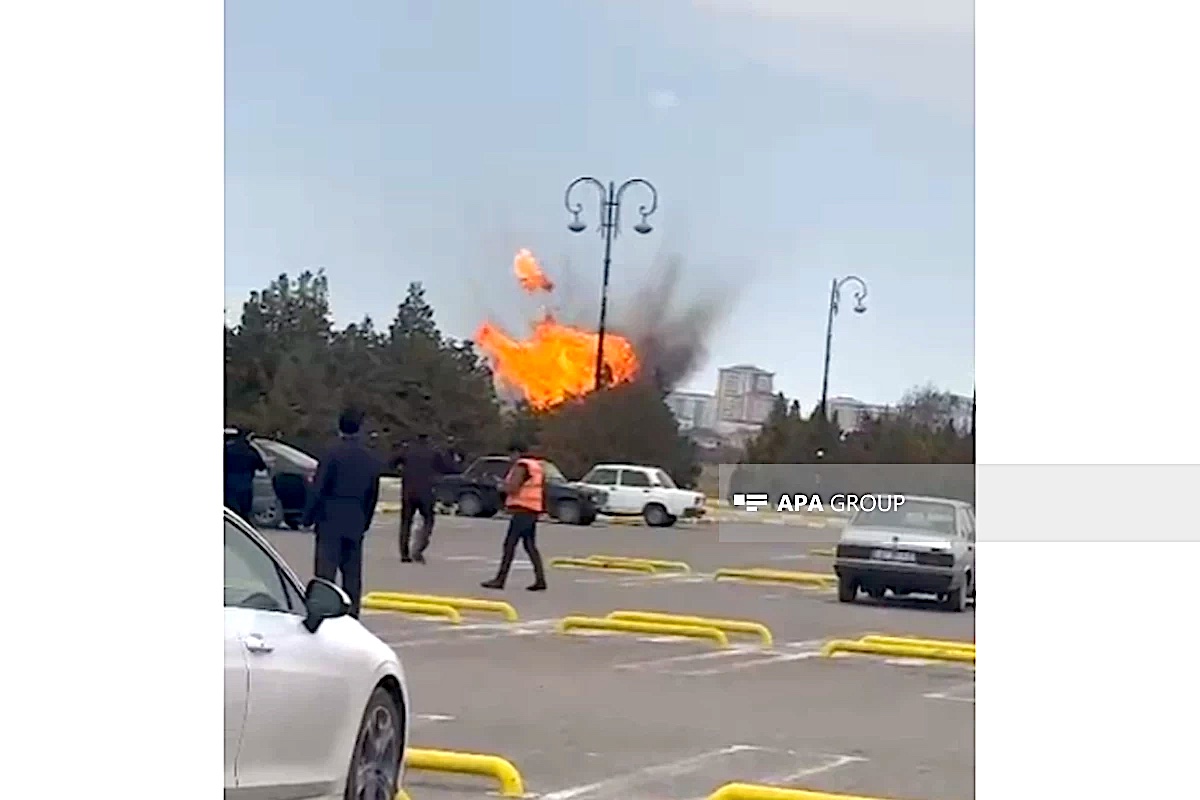IRI polls in Armenia: "Turkey and Azerbaijan are a threat to Armenia's security"
IRI survey in Armenia
Armenia should establish bilateral relations with Turkey, demanding as a precondition not to obstruct peace in Nagorno-Karabakh. This is the opinion of 48% of respondents to a survey by the US International Republican Institute (IRI). 29% believe that Armenia should not normalize relations with Turkey without any preconditions.
90% of respondents consider Turkey the biggest political threat to Armenia, 77% – Azerbaijan.
The International Republican Institute of the United States (International Republican Institute) is a non-profit organization whose goal is to assist the countries “with the development of democracy”. At the initiative of this organization, public opinion polls are periodically conducted in Armenia. They are conducted by the IRI partner in Armenia, BREAVIS research company.
The latest survey was conducted betweenNovember 22 and December 5 last year via telephone interviews throughout Armenia. A total of 1,512 people partiicpated in the survey, 54% of of them were women, and 46% were men. 5% of the respondents said that they were members of a political party.
According to the results of the study, 28% consider territorial and border issues to be the most important problems in Armenia. At the same time, 46% of survey participants believe that the country is now moving in the wrong direction. 61% of respondents declared that the Armenian authorities are not guided by the interests of the majority, but certain groups.
- Op-ed: Pashinyan is a politician, not Moses, his words are not commandments
- “Russia ousted the West from the South Caucasus” – former co-chair of the OSCE Minsk Group
- Priorities of the Pashinyan government: “peace remains on agenda”
Relations with Turkey and Azerbaijan
The state of the Armenian-Turkish relations was assessed as very bad by 80% of the respondents and Armenian-Azerbaijani – by 90%.
According to the results of the study, the inhabitants of Armenia perceive Turkey and Azerbaijan as a political and economic threat, as well as a threat to the country’s security. 88% consider Turkey a security threat, 81% – Azerbaijan.
At the same time, slightly less than half of the respondents believe that relations with Turkey should be improved, provided that
- Turkey will not interfere with peace in Nagorno-Karabakh – 48%,
- Turkey recognizes the Armenian genocide at the beginning of the last century – 47%.
This refers to the events that took place in Ottoman Turkey at the beginning of the 20th century. Until 1915, about two and a half million Armenians lived there. As a result of the killings and mass deportations, more than half of them died. Armenia, several Western countries, and international organizations officially recognize these events as genocide. Turkey categorically rejects such a formulation.
Can Armenia solve its security issues?
29% of respondents believe that Armenia can independently protect the border with Azerbaijan, the same number of people hold the opposite opinion.
According to 56% of respondents, in order to achieve peace, Armenia must strengthen its military potential.
When asked about foreign partners who could support Armenia in security matters, 64% of respondents noted Russia, followed by France (32%), Iran (31%) and the United States (26%).
82% consider the settlement of the Nagorno-Karabakh conflict important for the future of Armenia.
Status of Nagorno-Karabakh
The most acceptable solution to the Karabakh conflict, according to the majority of respondents, is the recognition of the independence of NK (35%) or joining Armenia (34%).
16% of the respondents were in favor of an autonomous region within Armenia, and 11% said they were not against the status of Nagorno-Karabakh within Russia.
Demarcation of the Armenian-Azerbaijani border
According to 25%, the demarcation process should begin after the final settlement of the Karabakh conflict and the signing of a peace agreement with Azerbaijan.
16% believe that the process should begin after the restoration of the armed forces of Armenia, the same number are convinced that at the moment it is not in the interests of Armenia and NK to start it. 15% were in favor of starting the process as soon as possible.
Unblocking roads
45% believe that the restoration of communication with Azerbaijan will have a negative impact on the economic development of Armenia. Only 5% have positive expectations.
The same question was asked to survey participants regarding Turkey. This process was considered positive by 6%, negative – by 36%.
Expert commentary
Political scientist Suren Surenyants believes that the results of the poll reflect public distrust in the government, as 46% of the population believes that the country is moving in the wrong direction:
“In such a situation, the government has two options: edit its policy or go down the path of authoritarianism.”
The political scientist believes that the Prime Minister of Armenia chose the second path, and this will aggravate the crisis of confidence and may lead to force majeure situations.
The editor of the Russian version of Lragir.am, political observer Naira Hayrumyan also believes that the policy of the current Armenian authorities runs counter to the opinion of the people, since, according to the survey, the majority associates the future of the country with the Karabakh problem:
“The current authorities boast of the mandate received from the people, in fact, they do not act in the national interests, but serve anti-Armenian plans, and the poll confirms this. At the level of public opinion in Armenia, there is a complete understanding that without Artsakh the future of Armenia is uncertain, and not only in terms of territories. This is a question of national rights, dignity, a question of political subjectivity and sovereignty”.
Political scientist Armen Vardanyan believes that the unresolved conflict has a negative impact on the country’s in the political, economic and security spheres, and the survey shows that its respondents also share this opinion:
“The results of the poll show that the Armenian people have not renounced Artsakh. Nagorno-Karabakh as part of Armenia or independent, by and large, is the same thing. For the internationally recognized Artsakh, the next step will be reunification with Armenia, and everyone knows this.
Another indicator that should cause concern is related to the vision of NK as part of Russia. This is the result of the powerful agitation of certain circles, in particular, the opposition, proceeding from their narrow political interests. They try to convince society that by giving Artsakh to Russia, it can be saved. But that’s not true, it’s just propaganda”.
Political scientist Tigran Grigoryan also focuses on the results of the IRI poll related to the Karabakh conflict:
“After the war in 2020, they artificially introduced the thesis that Armenian society was allegedly tired of the Karabakh conflict and, in general, of the Karabakh issue. The Armenian authorities have disguised this artificial thesis as the so-called “peace agenda” and lately have been constantly declaring that they have received a mandate from society to establish a peaceful era in the region.
However, it is debatable whether such mandate was ever received since, during the parliamentary elections, the ruling Civil Contract came up with an agenda, which included the issue of the de-occupation of Hadrut and Shusha [which came under the control of Azerbaijan], as well as the issue of self-determination of Artsakh based on the principle of “separation in the name of salvation”. But after the elections, they changed their agenda, pushing all these issues aside.
In fact, Nikol Pashinyan’s mandate did not contain the so-called “peaceful era”, and society, despite all the difficulties, tragedy, and catastrophe resulting from the 44-day war, still has serious expectations from the authorities regarding favorable decisions on the Karabakh issue”.



















